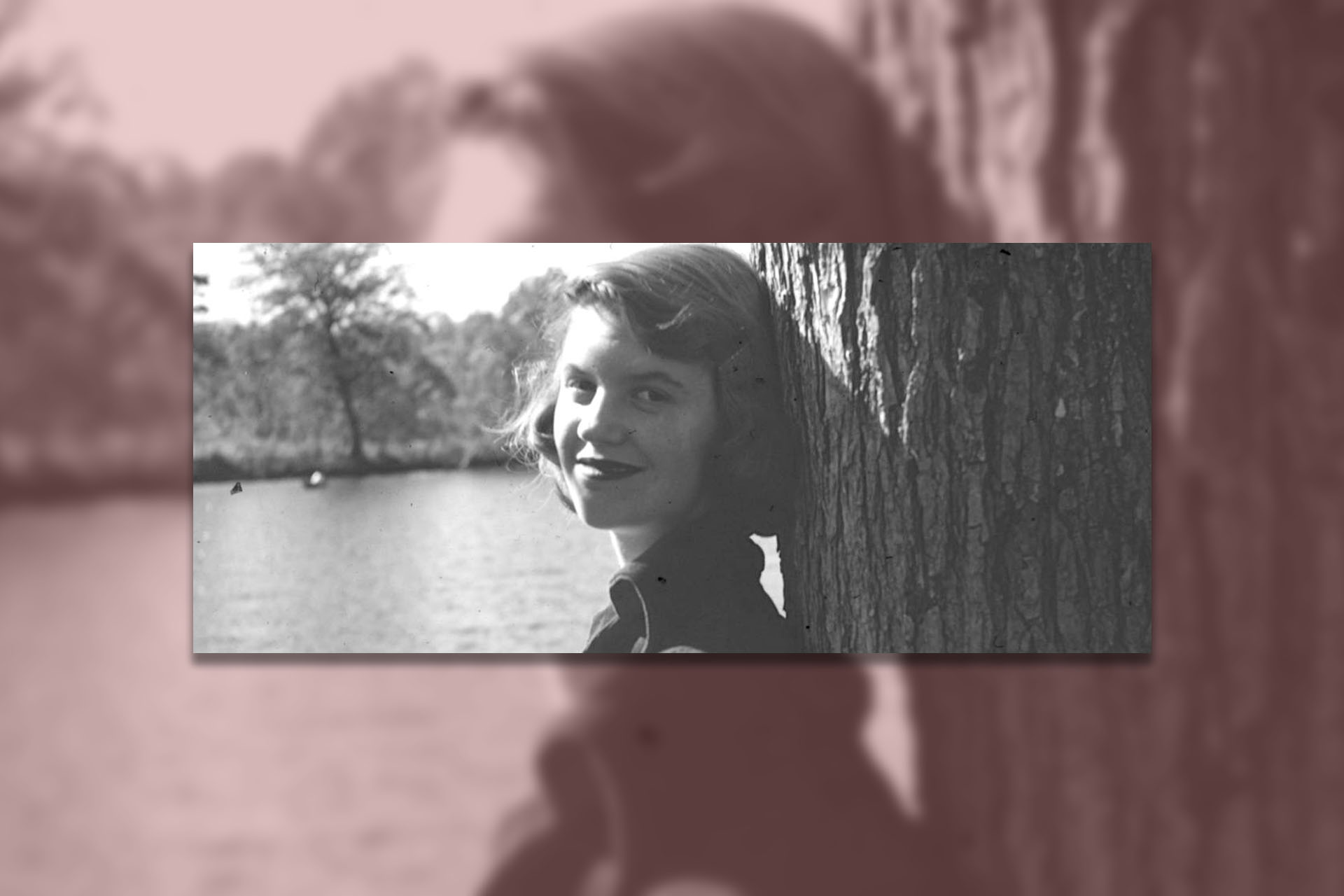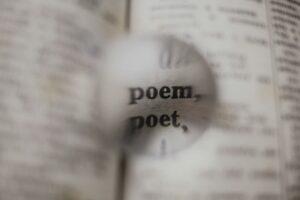On February 11, 2023, it will have been 60 years since Sylvia Plath decided to end her own life, or at least go through the motions, a high-stakes gamble on neighbors or friends finding her in time. She did not win that bet. She set her two young children up in the next room, thick slabs of buttered bread and glasses of milk to tide them over until their rescue, so she wasn’t totally without mercy or sense. But Plath had a history of mental illness, she was newly single, and it was one of the coldest winters on record in her beloved London. So she proceeded to leave this life, sending her persona on to immortality.
For a decade, I was the host of the Sylvia Plath Bake-Off here in the Hudson Valley. It began as a snarky theme for my monthly open mic at the AIR Studio in Kingston and grew to such proportions that I could no longer find a large enough venue in which to host it. I wore an apron and oven mitts and inevitably added an actual baking contest to the proceedings. We received the expected array of raisin bread nooses, marzipan embryos, and Barbies thrust into cake ovens. I was young, close to the age Plath was at the time of her death, skating the surface of her tragic death for attention and laughs.
However, few of the poets that attended showed any disrespect for Plath. We were of the era when her estranged husband, Ted Hughes, published her last, best collection, which won her a posthumous Pulitzer. She was the patron poet-saint of women my age, another symbol of male oppression in a world newly aware of such things. And she was beautiful, American, and dead. All convenient elements for adolescent sainthood.
After a decade, I had grown tired of the joke. I was 40-something and had visited the valleys myself that more regularly consumed Plath and her fragile reserves. With Romeo and Juliet, at 14, you think the tragedy is young love denied, and you cry for Juliet. At 40, you cry for the parents. Now I cry for the nurse, too, reduced to raising another’s child after the death of her own. As much fun as folks had every year, I was no longer interested. There had been minor hassles along the way, too, that made me hesitant. Pillsbury laid claim to the phrase “Bake-Off,” so one year I changed the title to, “The Sylvia Plath Bak-Offf.” I was aware, too, that Plath’s family carefully protected her work and reputation, and rightly so. Although satirical purposes would have been on my side, the last thing I wanted was a legal tangle with her family.
Now I am near twice the age Plath was when she died, with half the output, a fraction of the notoriety, and nary a Fulbright in sight. I think of those few months we shared this planet earth together, me a soft infant in the throes of the early ‘60s, while JFK was still our President, even before Marilyn gave up her own ghost. The height of Camelot, indeed. But Plath could not see the castle from there. Her husband had cheated, health issues wore her down, she’d moved from her country cottage to a cold city flat. I cry for her now, and for those she left behind. Her son took his own life as well, many years later, so there had to be a chemical inclination. Ted Hughes was equally revered and demonized for the rest of his life, publishing a collection of work towards the end that played off Plath’s and revealed his own guilt and sorrow.
I proceed with caution. I will always write, although not at dawn like Plath, before her babies woke up and the demands of motherhood superseded those of art. I have created for myself a luckier, lonelier life in many ways. I have achieved the perspective granted to those who somehow weather the storms of youth. I don’t for one minute take that for granted.






Dear Cheryl
Thanks for writing about Sylvia . I almost dismissed it due to
the Sylvia Bake off ting. But I was glad I read it and moved by it. For
many years many of her better poems were too difficult for me to
fully process but now I believe I understand them better and she
and her work remains very dear to me. Hughes work has also
moved me, but his burning her last diary to protect his image
and changing her manuscript of Ariel, I still find indefensible.
Also the fact that the woman he left Sylvia for killed herself and
her child, must have wounded even a narcicist like him.
In closing I am
sending you a poem
I wrote for Sylvia that was
published last year.
Best Wishes
Rp Verlaine.
For Sylvia Plath
I wish you had taken
a final impossibly tall
glass of whiskey.
Though I believe
you preferred wine
a slower phantom escape.
For the deeply troubled
before taking a final walk
through an abyss of cut glass.
I wish after that drink
you’d looked at the papers
that would become Ariel.
Piled in a neat stack
while your children slept
and you put head in oven.
Having written a classic
brutal and devastating
candle to a reckoning
between life and death
by one not fully in either
drained of blood and hope.
Yet last week, within days
I saw both a comedian
and a movie use you
as punch lines to cheap
jokes mocking the somber
savage music of your work.
That took all you had
making me so angry
I wanted violence.
But I poured a tall glass
let the whiskey transport
me to a calm cool place.
As I wish that you had
that morning and smiled
with a new thirst for life.